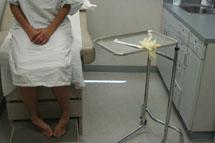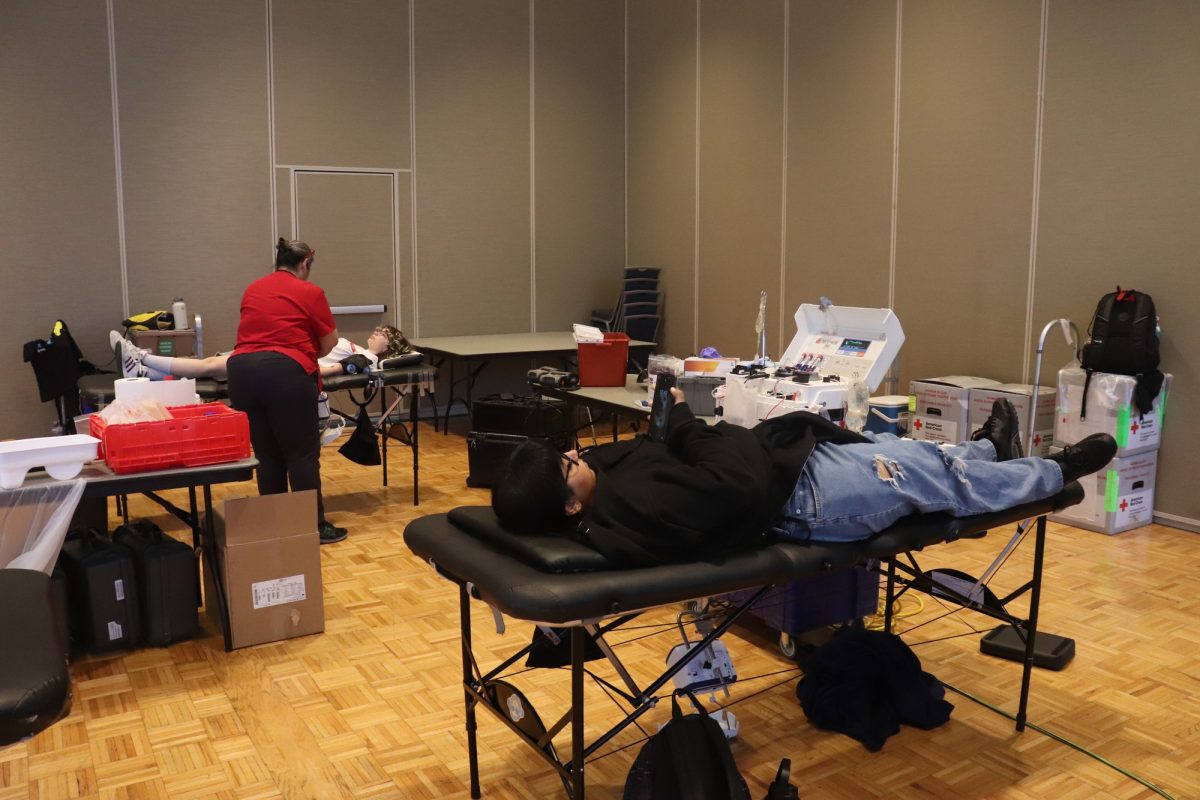Approximately 15,000 women in the U.S. develop cervical cancer each year.
Women between the ages of 30 and 40 are likely to have the cancer.
And according to American Cancer Society about 3,670 women will die from cervical cancer in the United States during 2007.
Cervical cancer begins in the lining of the cervix, which is the lower part of the uterus. The uterus connects to the vagina, or birth canal. Cells in the cervix can develop pre-cancerous changes that can develop into cancer.
In addition, cervical cancer can be caused from certain strains of human papilloma virus, which is transmitted through sexual contact.
HPV is associated with the development of such “common warts” and are transmitted environmentally or by casual skin-to-skin contact.
African-American women are about twice as likely as white women to develop Cervical Cancer. Latin and Native American women are also at a higher risk.
With the importance of early detection to prevent spreading those within Cerritos such as Ni Bueno, health education instructor, say that if the cancer is not caught that it could result in death.
“If a woman goes without early detection of the cancer it will likely spread quickly.”
Among the symptoms of advanced cervical cancer may include: ? loss of appetite? weight loss? pelvic pain ? heavy bleeding from the vagina? leaking of urine or feces
If a woman does have the early stages of cancer the cancer is treated through chemotherapy and radiation, Bueno said.
According to the National Cancer Institute there are four stages of cervical cancer.Stage I: If your cancer is this stage, it has invaded the cervix, but it has not spread anywhere else.
Stage 1A: This is the earliest form of stage I. There is a very small amount of cancer, and it can be seen only under a microscope.
Stage IA1: The area of invasion is less than 3 mm (about 1/8-inch) deep and less than 7 mm (about 1/4-inch) wide.Stage IA2: The area of invasion is between 3 mm and 5 mm (about 1/5-inch) deep and less than 7 mm (about 1/4-inch) wide.
Stage IB: In this stage, the cancer usually can be seen without a microscope. But this stage also includes cancers that have spread deeper than 5 mm (about 1/5 inch) into connective tissue of the cervix or are wider than 7 mm and can only be seen using a microscope.
Stage IB1: The cancer is visible but no larger than 4 cm (about 1 3/5 inches).Stage IB2: The cancer is visible and larger than 4 cm.Stage II: In this stage, the cancer has spread beyond the cervix to nearby areas, but it is still inside the pelvic area.
Stage IIA: The cancer has spread beyond the cervix to the upper part of the vagina. It is not in the lower third of the vagina.
Stage IIB: The cancer has spread to the tissue next to the cervix, called the parametrial tissue.
Stage III: The cancer has spread to the lower part of the vagina or the pelvic wall. The cancer may be blocking the ureters (tubes that carry urine from the kidneys to the bladder).
Stage IIIA: The cancer has spread to the lower third of the vagina but not to the pelvic wall.
Stage IIIB: The cancer extends to the pelvic wall and/or blocks urine flow to the bladder.
Stage IV: This is the most advanced stage of cervical cancer. The cancer has spread to nearby organs or other parts of the body.
Stage IVA: The cancer has spread to the bladder or rectum, which are organs close to the cervix.
Stage IVB: The cancer has spread to distant organs beyond the pelvic area, such as the lungs.Female students who hadn’t heard about cervical cancer and what it does to the body agree that it is preventable.
HPV vaccines are recommended for 11-12 year old and can be given to girls as young as nine years old but are not recommended for pregnant women, according to the Center for Disease Control and Prevention.
Furthermore, the vaccines have not be approved by the Advisory Committee on Immunization Practices but these vaccines are now being considered by the CDC.
Nicole Bernal, English major, said that women should have a check-up.
“See a doctor because (as a woman) in general you are doing it for your health.”
She added that much like breast cancer, women should take care of themselves.
And although this cancer is most common in women, it has also been shown in men.
Unlike cervical cancer though, men are more susceptible to prostate cancer.
Prostate cancer is a disease in which cancer develops in the prostate, a gland in the male reproductive system. Cancer occurs when cells of the prostate mutate and begin to multiply out of control.
These cells may spread (metastasize) from the prostate to other parts of the body, especially the bones and lymph nodes. Prostate cancer may cause pain, difficulty in urinating, erectile dysfunction and other symptoms.
Carlos Mata, music major, said everyone should have a concern. All cancers should be researched for the society as a whole to be aware.
Ashley Villagran, history major, also said that there needs to be an understanding of what these cancers could do.
While he has not been faced with a loved one who has cervical cancer, he said that educating oneself is important if anyone is in the situation.
He explains how researching about cervical cancer is available.
“The internet is there and the information is there,” he added.
But not everyone cares about their health.
Lauren Flores, undecided major, said, “The reason I don’t know about it is because I had never talked about it with anyone before, or discussed it in high school.”
Moreover, she stated that it didn’t cross her mind what she would do if she had cervical cancer.
Now that Flores knows about the cancer itself, she commented that she will begin to do research to have a better understanding about what cervical cancer is.
With doing research she hopes that she can help others understand and inform as many friends about the significance getting checked and ways to prevent cervical cancer.
Like Bernal, Flores agreed women need to begin take care of themselves if not for everyone but at least for oneself.
Bueno said that there are keys to prevent cervical cancer, “Abstinence, reduce smoking, limit the number of sexual partners and of course talk to your doctor or health care professional to learn more about HPV, Pap tests, and pelvic examinations.”
For more information about cervical cancer visit www.cancer.org or www.cancer.gov.











